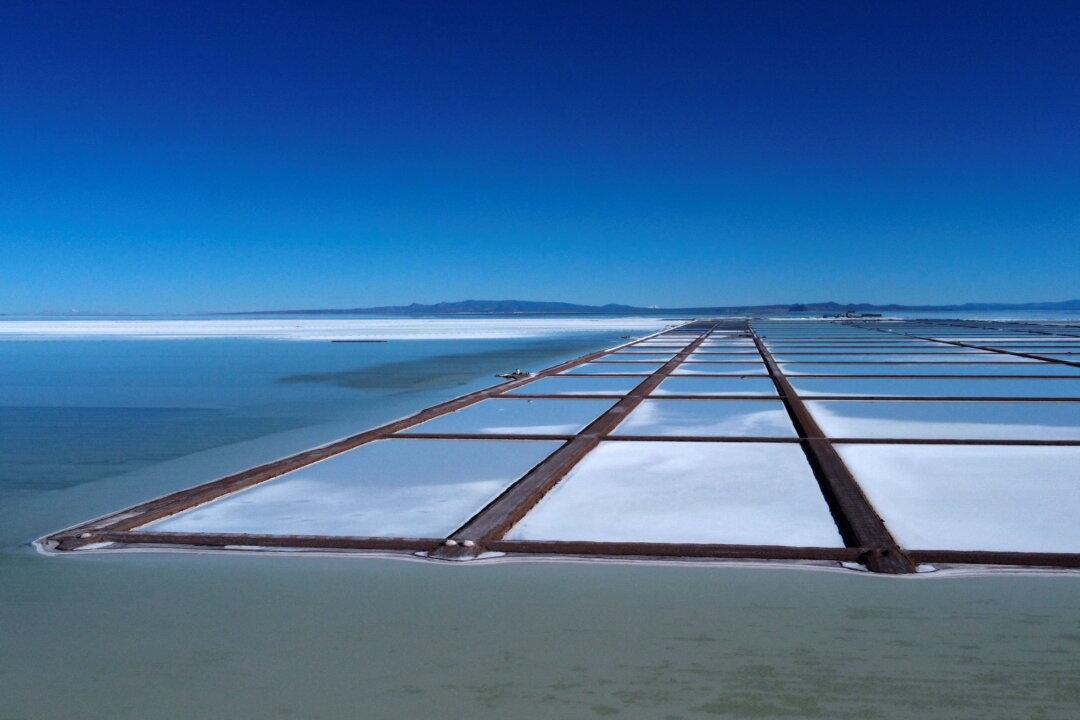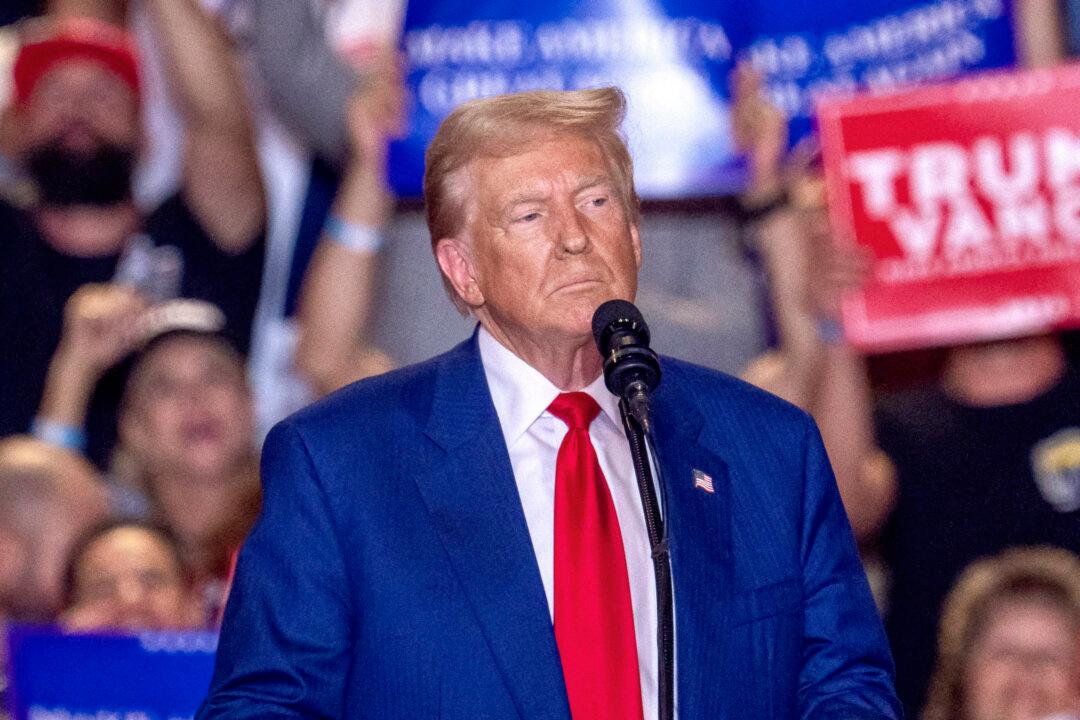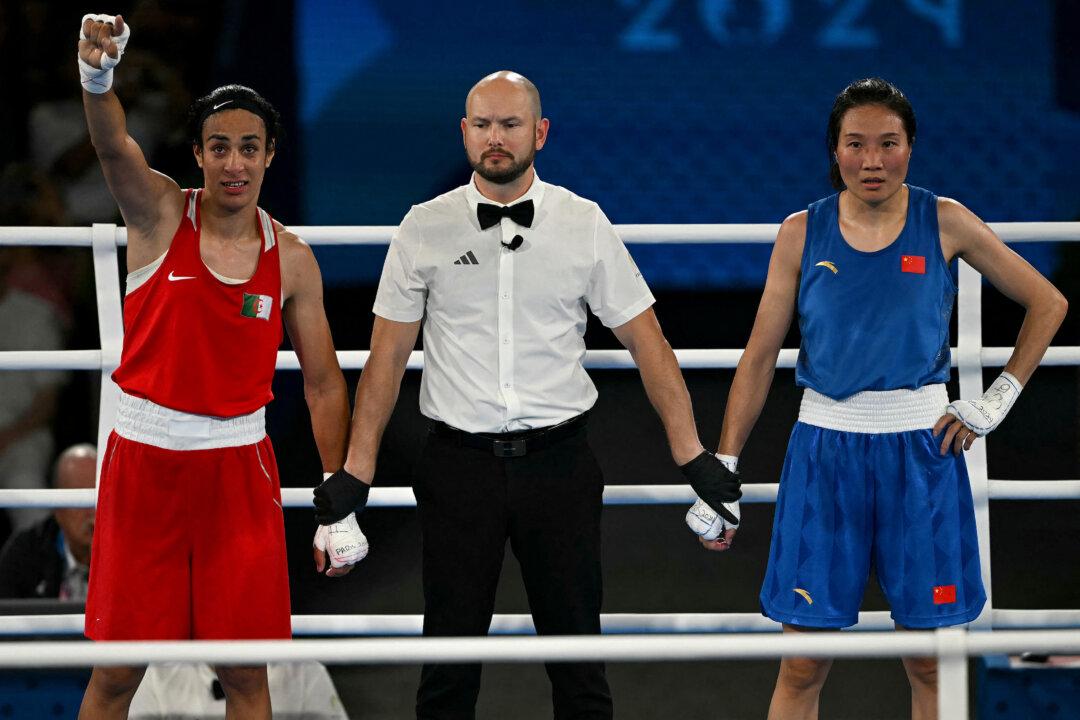American startup EnergyX and Argentine energy firm Tecpetrol have been disqualified from a race to mine Bolivian lithium, the government said, as the country aims to tap its vast resources in partnership with one or more foreign companies.
Bolivia has the world’s largest lithium resources but it has struggled for decades to mine them commercially, amping up its efforts last year amid a surge in demand for batteries for electric vehicles.




